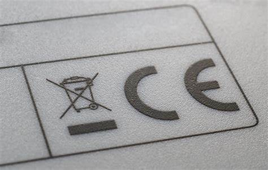The proposal simplifies the previous emission rules for cars and vans (Euro 6) and lorries and buses (Euro VI). The Euro 7 standards sets emission standards for all motor vehicles under a single set of rules and are fuel- and- technology- neutral, setting the same limitations regardless of whether the vehicle uses petrol, diesel, electric drive trains for alternative fuels. The new standards aim to cut pollutant emissions from road transport, improving EU air quality and public health. Euro 7 intends to do this by:
- Broadening the range of driving conditions that are covered by the on-road emissions tests to better reflect the conditions that vehicles can experience across Europe.
- Setting new emission limits for previously unregulated pollutants, for instance nitrous oxide emitted by heavy-duty vehicles.
- Moving beyond regulation of exhaust pipe emissions, by setting additional limits for particle emissions from brakes and rules on microplastic emissions from tyres for all vehicles.
- Increasing the compliance period for all vehicles. Cars and vans will have compliance checks until they have reached 200,000 kilometres and 10 years of age- doubling the durability requirements currently existing under Euro 6/VI. Buses and lorries will be subject to similar increases.
- Ensuring vehicle emissions can be controlled by the authorities by using sensors inside the vehicles in order to measure emissions throughout the lifetime of the vehicle.






